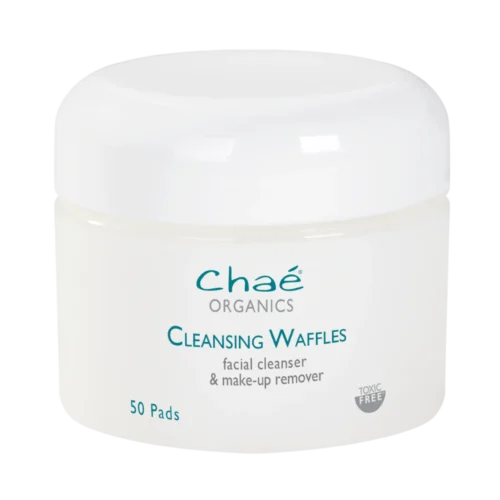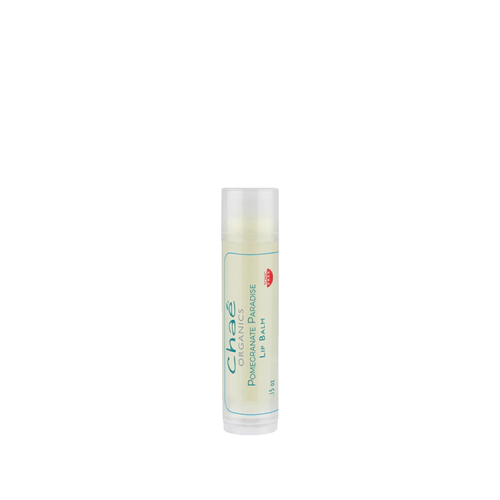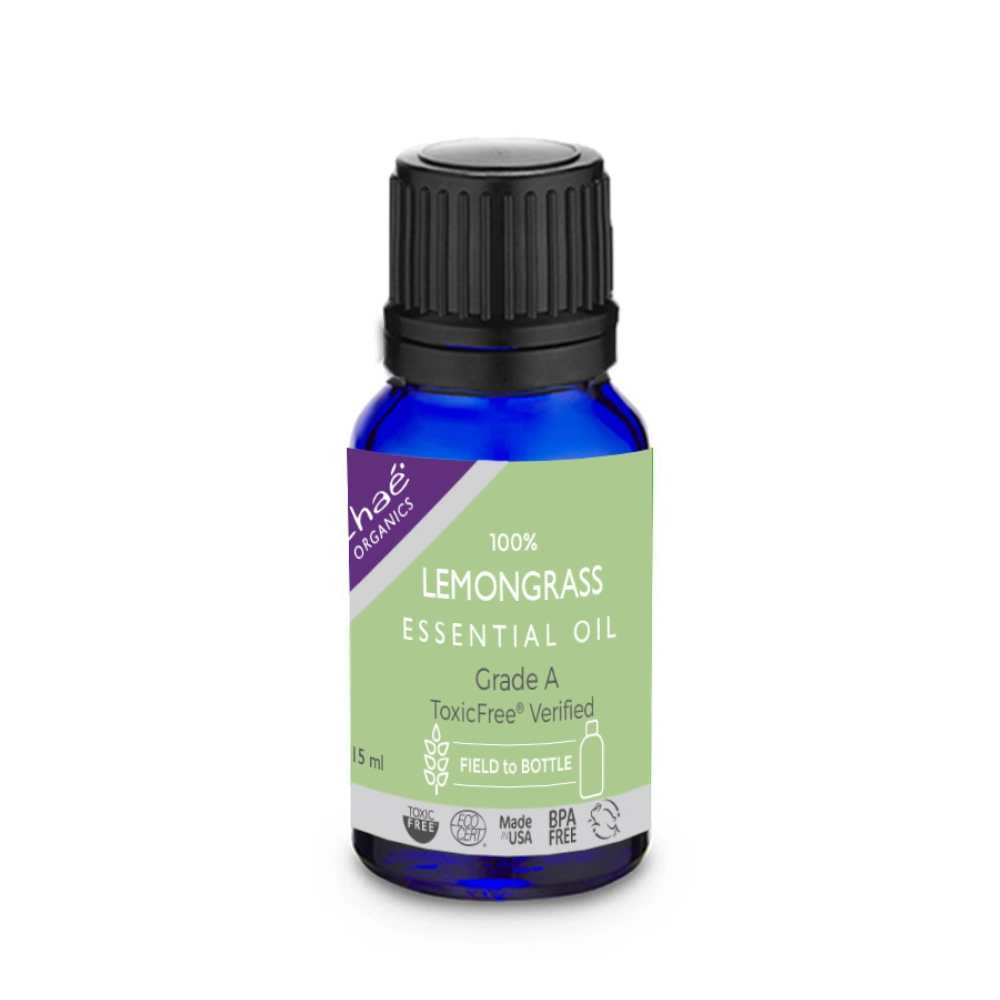
The Case for Plant-Based Melatonin
Melatonin supplements have emerged as a popular remedy for individuals grappling with sleep disturbances. However, there's a compelling case to be made for plant-based melatonin over its synthetic counterparts. Let's explore some of the many reasons that make plant-based melatonin a superior choice for those seeking a natural sleep aid.
1. Understanding Melatonin and Its Sources
Melatonin is a hormone produced by the pineal gland in the brain, primarily in response to darkness. It plays a crucial role in regulating the body's circadian rhythm, helping to induce sleep. While melatonin is naturally present in the body, it's also available in various food sources and can be synthetically manufactured.
Sources of melatonin include certain fruits, vegetables, grains, and seeds. Tart cherries, walnuts, corn, asparagus, and tomatoes are a few examples of foods that contain naturally occurring melatonin. On the other hand, synthetic melatonin is produced in laboratories and does not have a natural origin.
There are a number of compounds isolated from St. John's Wort that possess Pharmacologic activity. Many have been studied extensively including Hyperforin which is responsible for St. John's Wort's effect on mood. The other notable extract is Melatonin. This melatonin has been researched by the NIH and found to be far superior to synthetic melatonin. Our melatonin is 100% sourced from St. John's Wort (Hypericum perforatum) for the highest quality and bioavailability.
2. Synthetic vs. Natural: The Plant-Based Advantage
When comparing synthetic melatonin to its plant-based counterpart, the latter holds several advantages. Plant-based melatonin, derived from T. John's Wort, is often perceived as a more holistic approach. Consumers increasingly prefer supplements that align with a natural lifestyle, and plant-based melatonin fits this ethos perfectly.
The body may recognize and utilize natural substances more effectively than synthetic ones. Plant-based melatonin, being closer to its natural state, may be more easily assimilated by the body. Additionally, natural melatonin often comes accompanied by a host of other beneficial phytonutrients present in the plant sources, potentially enhancing its overall health benefits.
3. Bioavailability and Efficacy
Bioavailability, or the degree to which a substance becomes available to the target tissue after administration, is a crucial factor in the efficacy of any supplement. Plant-based melatonin is believed to have superior bioavailability compared to synthetic versions. This means that the body can absorb and utilize it more efficiently, potentially making it more effective in regulating sleep patterns. An additional advantage is that your body needs less melatonin to be effective in sleep management than its synthetic counterpart.
Moreover, the efficacy of plant-based melatonin isn't just about the melatonin itself. It's also about the synergistic effects of other compounds present in the plant sources. These compounds can work in harmony with melatonin, enhancing its sleep-inducing effects and providing a more balanced approach to improving sleep quality.
The plant-based melatonin nudges your body to produce its own appropriate balance of melatonin. The synthetic doesn't support the body's production, it tries to replace it, and often with too much - leaving you foggy in the morning.
4. Safety and Side Effects
Safety is a paramount concern when it comes to any supplement. Plant-based melatonin is generally considered safe for most individuals when used appropriately. It's non-habit forming and doesn't lead to the dependency issues sometimes associated with pharmaceutical sleep aids.
Side effects from melatonin supplements are typically mild and may include drowsiness, headache, and dizziness. However, because plant-based melatonin is closer to the form of melatonin naturally produced by the body, it may be associated with fewer and less severe side effects compared to its synthetic counterpart.
5. The Environmental and Ethical Edge
The environmental and ethical implications of choosing plant-based melatonin cannot be overlooked. Plant-based supplements often have a lower environmental footprint than synthetic ones, as they rely on natural agricultural processes rather than chemical synthesis. This makes plant-based melatonin a more sustainable and eco-friendly option.
Furthermore, for those who adhere to vegetarian or vegan lifestyles, plant-based melatonin aligns with their ethical values. It ensures that no animal products or byproducts are involved in the production of their sleep aid, providing peace of mind along with restful sleep.
Conclusion
The case for plant-based melatonin is robust, encompassing aspects of efficacy, safety, and ethical considerations. Its natural origin, bioavailability, and synergy with other phytonutrients make it a compelling choice for individuals seeking a holistic approach to improving sleep. Moreover, its alignment with environmental sustainability and ethical practices further cements its position as the preferred option for the health-conscious and eco-aware consumer. As society continues to gravitate toward natural and sustainable health solutions, plant-based melatonin stands out as a beacon of holistic well-being and a responsible choice in the supplement market.





